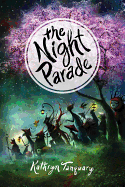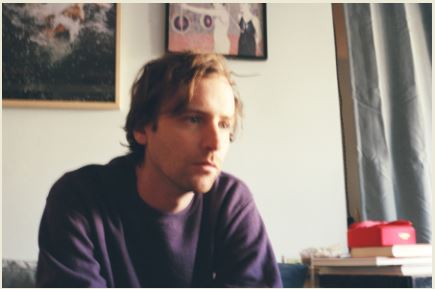 Michael Bible is originally from North Carolina. His work has appeared in Oxford American, the Paris Review Daily, Al Jazeera America, ESPN: The Magazine, and New York Tyrant. His debut novel, Sophia (Melville House, December 1, 2015), tells the story of the unholy Reverend Maloney and his best friend, a chess prodigy named Eli, as the two make their way across the U.S., on the run from the law and from a blind headhunter called Jack Cataract.
Michael Bible is originally from North Carolina. His work has appeared in Oxford American, the Paris Review Daily, Al Jazeera America, ESPN: The Magazine, and New York Tyrant. His debut novel, Sophia (Melville House, December 1, 2015), tells the story of the unholy Reverend Maloney and his best friend, a chess prodigy named Eli, as the two make their way across the U.S., on the run from the law and from a blind headhunter called Jack Cataract.
On your nightstand now:
A strange little book called Água Viva by Clarice Lispector. It's not a novel exactly, more a juggernaut of language from a great Brazilian genius.
Favorite book when you were a child:
Leaves of Grass by Walt Whitman. In my freshman composition class, I found a copy of it left by someone from an Honors English class I couldn't get into because my test scores were so bad. I was blown away by Whitman's weirdness. I read it every day instead of listening to the teacher. I eventually stole it and read it till the pages fell out.
Your top five authors:
Samuel Beckett: When I taught Waiting for Godot years ago, it was the one book that caused the frat boys who slept during most classes to wake up and suddenly say, "This isn't art!" One could only hope for such success.
David Markson: On one of my first trips out of the South to New York, I walked into the Strand looking for the strangest book I could find. I saw a display of Markson's books and picked up This Is Not a Novel. I was angry that no one had told me about him before. Like Beckett, he somehow manages to write experimental page-turners.
Frank Stanford: The Dixie Rimbaud. His collected poems were finally published this year, and I hope every college poet runs out to buy a copy. There is no other writer that puts that much blood on the page.
William Faulkner: Not sure what I can say about him except that he failed out of college, was a horrible poet, lied a lot about his military service--a deeply flawed man who wrote hands-down the best books of the 20th century.
Flannery O'Connor: A writer who understood the depths of human evil and altruism. Her work, like all good writing, approaches the reverence of prayer. When I read her stories, it seems as natural as breathing.
Book you've faked reading:
Tropic of Cancer by Henry Miller. I've tried like five times and can't get through it.
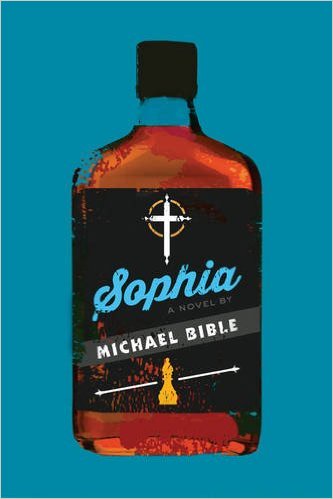 Book you're an evangelist for:
Book you're an evangelist for:
Finnegans Wake by James Joyce. Sometimes it's seen as the most difficult or abstract book out there but really there is so much in it for anyone who takes the time. Such a massive, arrogant idea of a novel. Makes everything else seem puny.
Book you've bought for the cover:
The Policeman's Beard Is Half Constructed by Racter. A book written by a computer.
Book you hid from your parents:
Run with the Hunted by Charles Bukowski. I was given this book by an inspiring teacher at the boarding school I was sent away to. She was my poetry teacher, and I wrote a poem about drinking and thought I was going to get in trouble, but instead she gave me Bukowski and told me not to tell anyone about it. I owe that teacher my life.
Book that changed your life:
Ray by Barry Hannah. I read this book at a low point in my life and it changed what I thought literature to could be. I became convinced I needed to study with the madman that wrote it. There is such a load of crap that is sold you in the classroom about novels. The plot should ride this arc, the characters should grow, etc. Ray stood out to me because it resists all that. It has an insistence of voice, a velocity not fueled by plot. Every sentence is on fire from beginning to end.
Favorite line from a book:
"I am a dragon. America the beautiful, like you will never know." --from Airships by Barry Hannah
Five books you'll never part with:
The King James Bible. It's hard to diminish its impact on me. I heard it from the pew on Sunday mornings before I knew how to read. Its cadences are in my DNA. As a work of truth, it's hard to get behind. As a work of literature, there is nothing greater.
The Sound and the Fury by William Faulkner. I could get lost in those minds any day. Benjy's chapter, sure, but Quentin had a profound impact on me as a young man.
The Stranger by Albert Camus. Every time I've read this book, it amazes me with how pure it is. It doesn't seem written, ever; it unfolds with such subtly that it creates a sensation beyond reading.
In Watermelon Sugar by Richard Brautigan. Not his most well known, but for my money his best. There is a pleasure in Brautigan that destroys the pretensions of those claiming to practice high art.
The Life You Save May Be Your Own by Flannery O'Connor. There's so much to explore in these stories. They get deeper with each read for me, so wild and funny and dark.
Jesus' Son by Denis Johnson. This is one book that I do part with often, really. I keep giving it away. But there's always another copy to replace it. It never gets old.
Book you most want to read again for the first time:
The Dream Songs by John Berryman. I read this book when I was young it never left me. It was at times a terrifying book to be inside of. I love it.
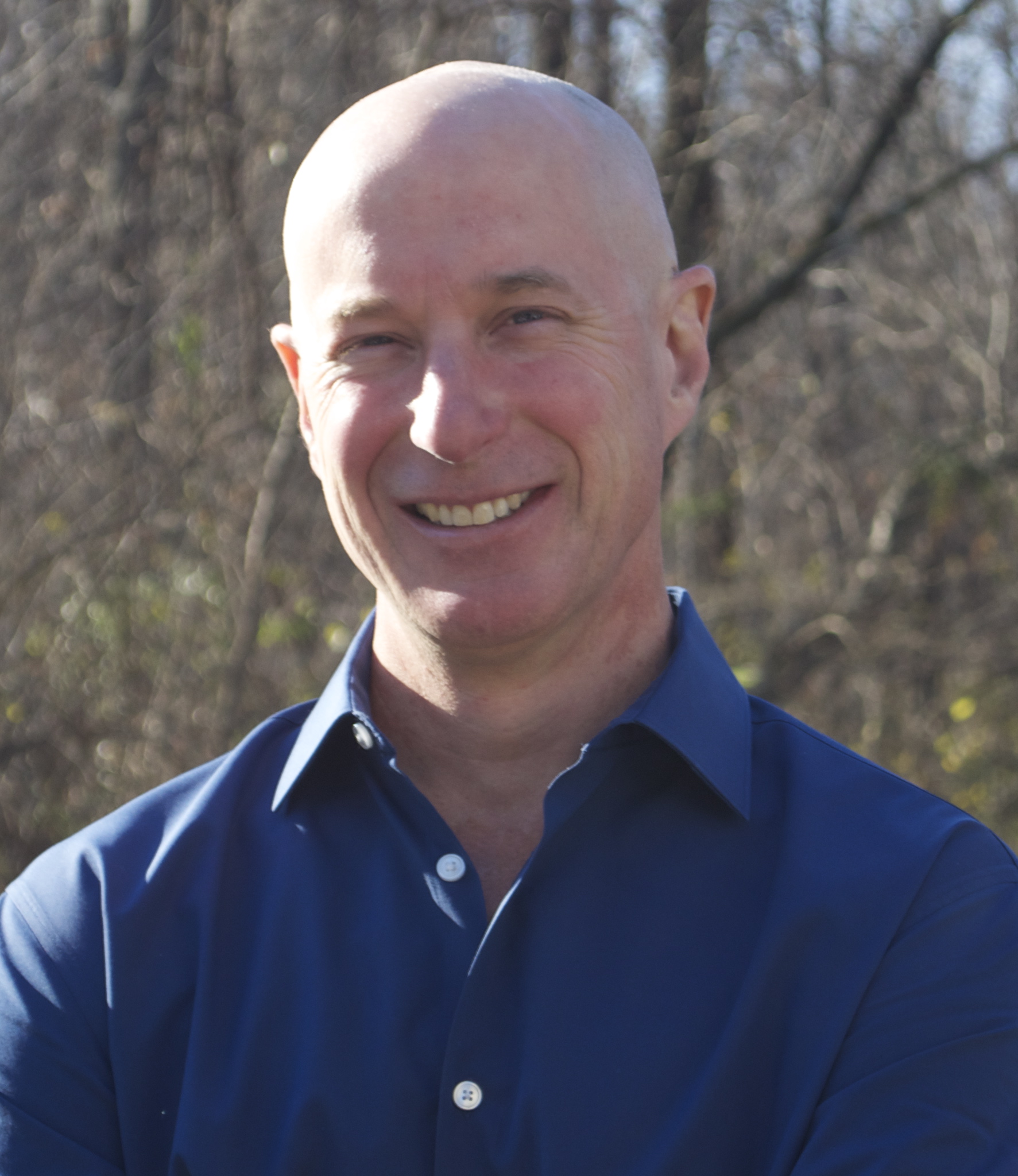








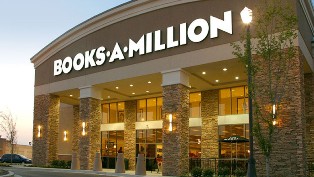 At a special meeting yesterday, Books-A-Million stockholders voted to take the company private. Under the plan, the Anderson family--led by executive chairman Clyde B. Anderson, some senior management and others--is buying the approximately 41.8% of the company that it doesn't already own for $3.25 a share. The deal, valued at about $21 million, is expected to close "on or about" tomorrow, December 10.
At a special meeting yesterday, Books-A-Million stockholders voted to take the company private. Under the plan, the Anderson family--led by executive chairman Clyde B. Anderson, some senior management and others--is buying the approximately 41.8% of the company that it doesn't already own for $3.25 a share. The deal, valued at about $21 million, is expected to close "on or about" tomorrow, December 10.BINC.1118.T2.2024YEARENDCAMPAIGN.jpg)
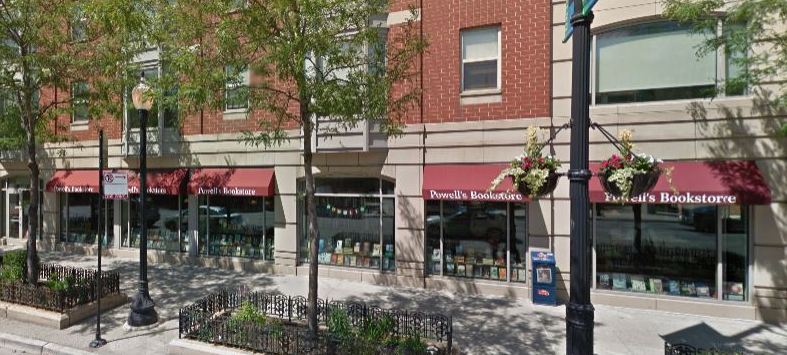
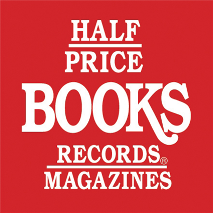 Half Price Books
Half Price Books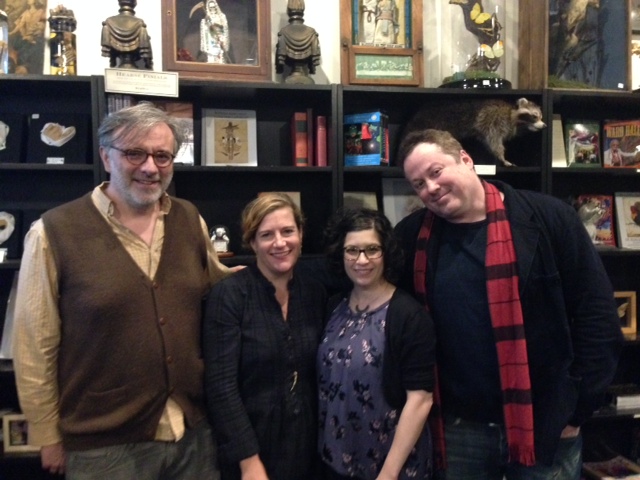 Over the weekend, illustrator Lisa Brown appeared at the
Over the weekend, illustrator Lisa Brown appeared at the 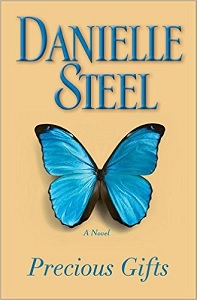 "I've been in the book-buying industry for nearly all of my adult life. There have been certain constants--and I include Danielle Steel novels among those constants. She's not only a prolific writer, but she is truly one of the nicest authors I've ever met. For that reason, I'm pleased to say that her new novel, Precious Gifts, is this month's book buyer's pick.
"I've been in the book-buying industry for nearly all of my adult life. There have been certain constants--and I include Danielle Steel novels among those constants. She's not only a prolific writer, but she is truly one of the nicest authors I've ever met. For that reason, I'm pleased to say that her new novel, Precious Gifts, is this month's book buyer's pick.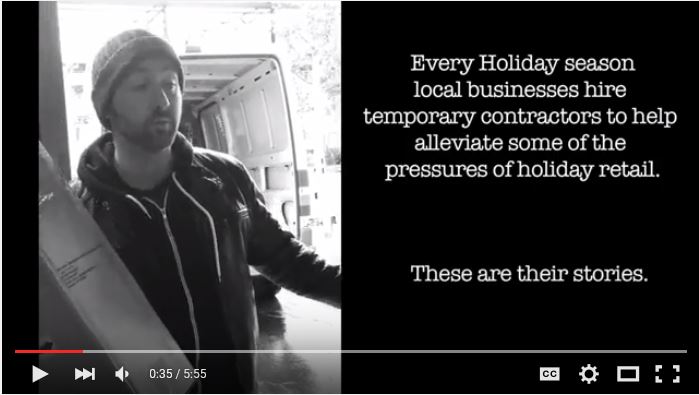 From
From 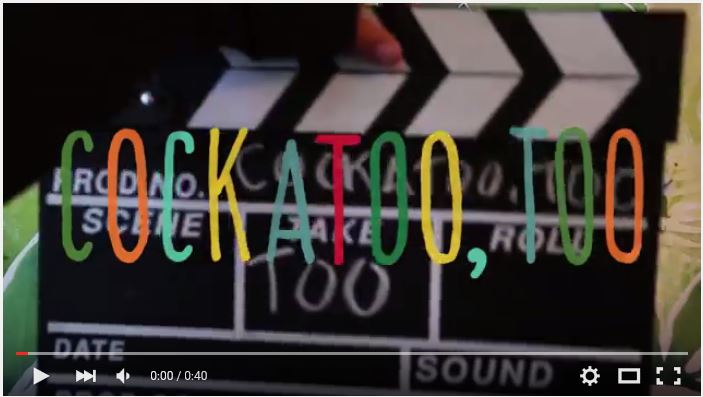 Cockatoo, Too!
Cockatoo, Too! Michael Bible is originally from North Carolina. His work has appeared in Oxford American, the Paris Review Daily, Al Jazeera America, ESPN: The Magazine, and New York Tyrant. His debut novel, Sophia (Melville House, December 1, 2015), tells the story of the unholy Reverend Maloney and his best friend, a chess prodigy named Eli, as the two make their way across the U.S., on the run from the law and from a blind headhunter called Jack Cataract.
Michael Bible is originally from North Carolina. His work has appeared in Oxford American, the Paris Review Daily, Al Jazeera America, ESPN: The Magazine, and New York Tyrant. His debut novel, Sophia (Melville House, December 1, 2015), tells the story of the unholy Reverend Maloney and his best friend, a chess prodigy named Eli, as the two make their way across the U.S., on the run from the law and from a blind headhunter called Jack Cataract. Book you're an evangelist for:
Book you're an evangelist for: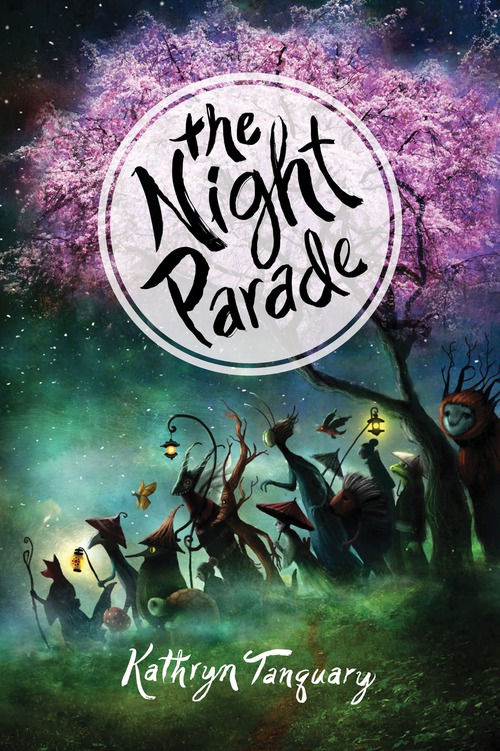 In a suspenseful middle-grade fantasy debut evocative of Neil Gaiman's Coraline and classic films like Jim Henson's Labyrinth and Hayao Miyazaki's Spirited Away, Kathryn Tanquary drops a peer-pressure-prone Japanese teenager into the realm of the fantastic, pitting her against the rules and powers of magical beings.
In a suspenseful middle-grade fantasy debut evocative of Neil Gaiman's Coraline and classic films like Jim Henson's Labyrinth and Hayao Miyazaki's Spirited Away, Kathryn Tanquary drops a peer-pressure-prone Japanese teenager into the realm of the fantastic, pitting her against the rules and powers of magical beings.